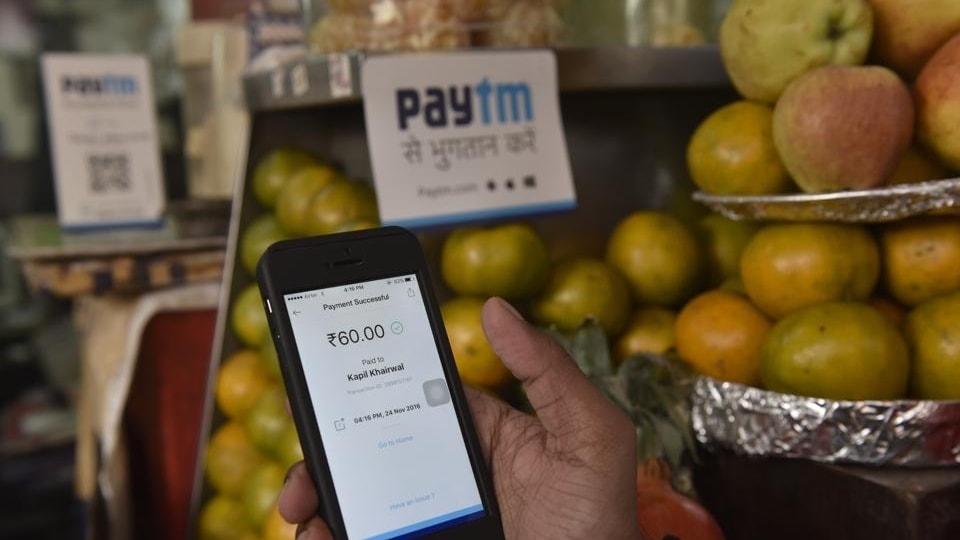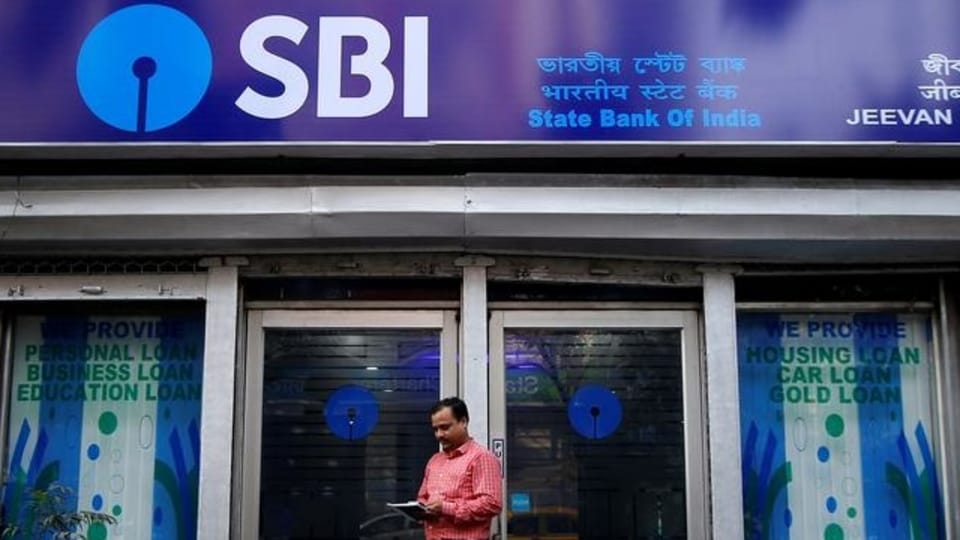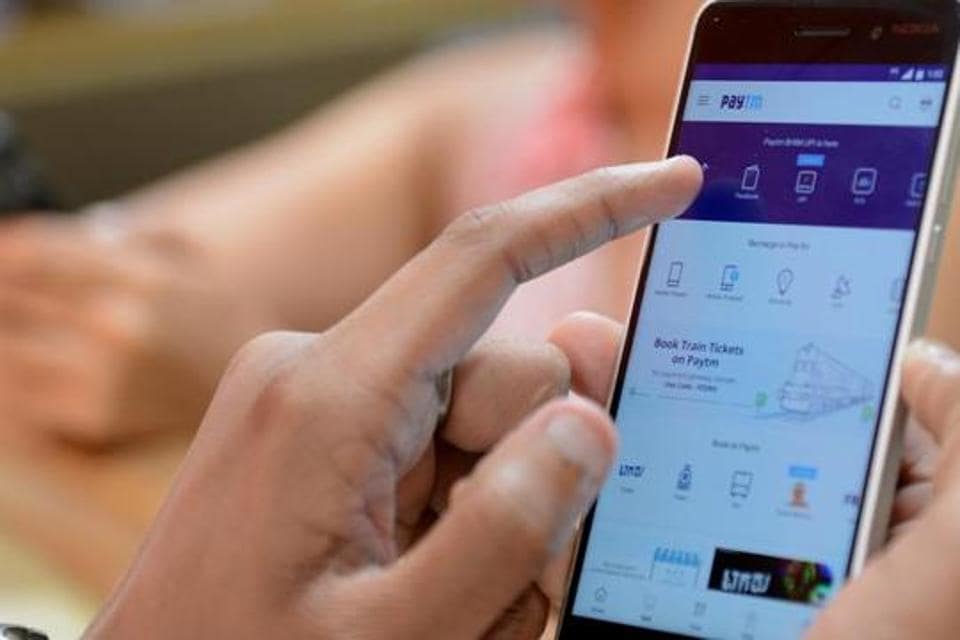Man loses Rs. 4 lakh in IRCTC ticket scam; Know how to stay safe
Man's attempt to cancel train tickets on IRCTC website turns into a Rs. 4 lakh scam; fraudsters exploit device control and banking information.






 View all Images
View all ImagesA 78-year-old man, M. Mohammed Basheer of Kozhikode Vandipetta, attempted to cancel an IRCTC ticket, but fell prey to a cunning scam, resulting in a loss of Rs. 4 lakhs. Basheer unknowingly accessed a fake website where a person posing as a railway employee reached out to him.
This imposter communicated with Basheer in both English and Hindi, guiding him to perform actions on his device, leading to the appearance of a blue emblem on his screen, which indicated the device was now under the scammer's control. Basheer, following the instructions, provided his bank account details and ATM card number, opening the door to further exploitation.
Malware Intrusion and Financial Breach
The scam may have involvedmalware installation on Basheer's device, allowing the scammer remote access or other software that allow remote control of devices. Keyloggers could have captured sensitive information, while spyware may have discreetly tracked his actions and collected data. Basheer's realization of the scam occurred when he received a message notifying him of money being withdrawn from his savings account.
Throughout the ordeal, the scammers maintained contact with Basheer via three distinct phone numbers. His attempts to reach out to the bank were thwarted, leaving him helpless. As a countermeasure, Basheer wiped his phone to forestall further data breaches and reported the incident to both the bank and the police's cyber cell.
App Download and Multiple Withdrawals
An investigation by the police's cyber cell unearthed that the fraudulent app 'Rest Desk' facilitated the scammers' access to Basheer's phone. In a series of transactions, Rs. 4,05,919 was debited from Kolkata. The phone numbers linked to the scammers have raised suspicions of connections to individuals from Bengal and Bihar.
Basheer, a former Senior Engineer in Muscat, expressed his disbelief at the speed with which the scammers executed their scheme, despite his efforts to safeguard his finances.
The incident serves as a cautionary tale highlighting the importance of online security awareness, especially for vulnerable individuals like the elderly, and the need to remain vigilant against sophisticated scams.
Here are 5 ways to safeguard yourself from online scams:
1. Ensure you keep your smartphone's software up-to-date, including security updates, web browsers, and the operating system. This helps protect against viruses, malware, and other malicious threats.
2. Create a strong password with a minimum of 8 characters, including a mix of uppercase and lowercase letters, special characters, and numbers. Never write it down or share it with others.
3. Avoid clicking on links from unknown senders. These links could be part of phishing scams, designed to trick you into revealing sensitive account information.
4. Treat social media as a platform for fun and avoid sharing serious information like usernames and passwords. Cybercriminals can often target these details, even from private messages (DMs).
5. Refrain from posting personal birthday information, not just yours but also of family, friends, and colleagues, on social media. This information can be exploited by hackers for malicious purposes.
6. Do not speak to the strangers and never allow anyone to get remote control of your gadget, especially when it comes to money. And remember, IRCTC will never call you for any such purpose.
Catch all the Latest Tech News, Mobile News, Laptop News, Gaming news, Wearables News , How To News, also keep up with us on Whatsapp channel,Twitter, Facebook, Google News, and Instagram. For our latest videos, subscribe to our YouTube channel.































